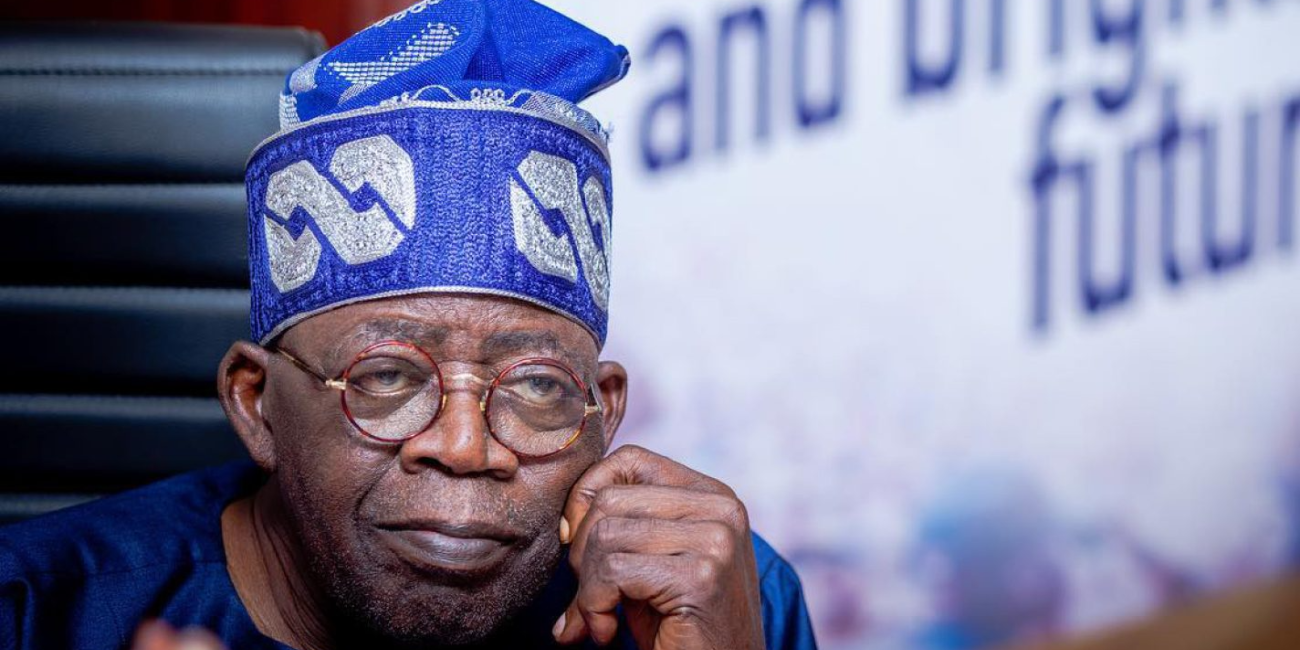Last Tuesday, President Bola Tinubu’s aide, Bayo Onanuga, shared20 projects and policies adopted by the Federal Executive Council (FEC) in the meeting
Last Tuesday, President Bola Tinubu’s aide, Bayo Onanuga, shared20 projects and policies adopted by the Federal Executive Council (FEC) in the meetings held last Monday and Tuesday. However, he failed to provide specific details about some of the projects including the names of contractors, contract amounts and project duration.
The projects include road construction, installation of street lights and purchase of buses, all of which should ordinarily follow a competitive bidding process as stipulated by the Public Procurement Act.
At least 16 contracts on the list are covered by the Public Procurement Act. Yet, only three of these projects have the names of contractors, duration of the project and contract amount listed, indicating a lack of transparency which is one of the challenges the Procurement Act was meant to solve. All the 13 other projects lack at least one of these vital details of the projects.
Experts in public procurement and accountability expressed worry that it has become a culture for FEC-approved projects to violate the federation’s laws while lacking transparency and due process.
In separate interviews, Ijeoma Okereke-Adagba, the Project Manager of accountability platform UDEME, at the Centre for Journalism Innovation and Development (CJID) and Ayo Ladipo, the Head of Tracka, an accountability project of BudgIT, a civic tech organisation, noted that lack of transparency is a popular challenge identified with projects approved by FEC.
Okereke-Adagba said the FEC-approved projects routinely violate laws including the environmental impact assessment for projects that would displace people or properties.
She said the nature of the projects, usually shrouded in secrecy, “makes it very difficult for CSOs to track, and makes it very difficult for citizens to hold the government accountable. It also makes it very difficult for you to tell what goes into the negotiations of the contracts and the final decisions or even to find out how much has been released.”
Ladipo expressed concern about the construction of the Court of Appeal building which Onanuga said was approved at a cost of N37 billion. She said N10 billion was initially budgeted for the project in the 2023 supplementary budget.
“I don’t know what procurement process allowed you to get three times of what was in the supplementary budget,” she said.
However, public officials have in the past explained that the costs of major multi-year projects are often broken into bits in different budgets based on the availability of funds. This would mean that both the N10 billion in the 2023 supplementary budget and the N37 billion in the 2024 budget are meant for the same construction of the appeal court building.
Still, in the details provided, Mr Tinubu’s aide did not specify the duration of completion of the court of appeal building or whether any cost component of the project has been deferred to subsequent budgets.
Okereke-Adagba noted that the lack of transparency and due process is one of the challenges her organisation has identified with contracts approved by the FEC.
She said the projects are usually approved for implementation without a competitive bidding process and without the knowledge of the Bureau of Public Procurement, the arm of government established to vet all federal government projects.
She said the FEC routinely violates laws including the environmental impact assessment for projects that would displace people or properties.
Usually, the BPP is only contacted to provide a certificate of no objection, Okereke-Adagba said.
“One of the ways we’ve seen these play a lot of times is for big projects funded by international partners. It could be by multilateral organisations, it could be by China or the US. And when this happens we see a lot of infringement happening. For example, there is no competitive bidding in contracts awarded. You would be shocked to know that contractors have already been given express awards for implementation of these contracts.”
Okereke-Adagaba noted that such actions make the entire process susceptible to corruption and poor accountability.
She added that the lack of transparency has made it very difficult for Civil Society Organisations (CSOs) to monitor projects and for citizens to hold the government accountable.
“It also makes it very difficult for you to tell what goes into the negotiations of the contracts and the final decisions or even to find out how much has been released. Apart from what we hear when they come out and tell us, it will be very hard for you to see documents to back this up, when the contracts have been awarded, the duration, and if the cost was revised at some point. Who are the major actors? You’ll find these later on. Maybe in five years and maybe by that time, a lot of corruption will have taken place.”
“We’ve worked with the BPP several times before and they’re incapacitated. There’s really nothing they can do except obey the command from above and FEC is a very strong …. body in Nigeria. Whatever they decide at that level is final.”
